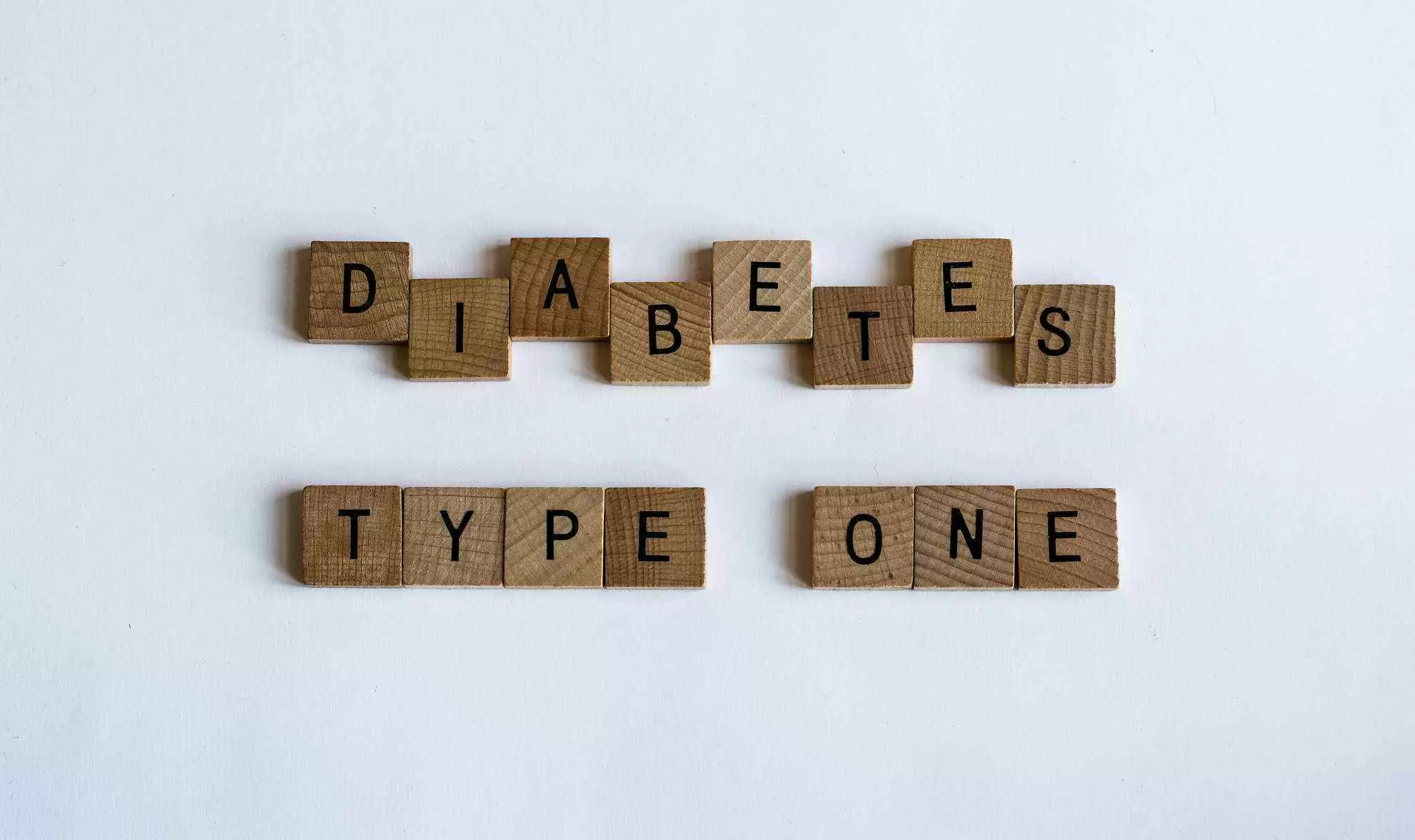
Celiac.com 02/01/2017 - More and more evidence shows a connection between gut inflammation and type 1 diabetes (T1D). A team of researchers recently set out to assess gut inflammatory profiles and microbiota in patients with T1D, and to compare them with healthy controls (CTRL) and with celiac disease patients as gut inflammatory disease controls.
The research team included Silvia Pellegrini, Valeria Sordi, Andrea Mario Bolla, Diego Saita Roberto Ferrarese, Filippo Canducci, Massimo Clementi, Francesca Invernizzi, Alberto Mariani, Riccardo Bonfanti, Graziano Barera, Pier Alberto Testoni, Claudio Doglioni, Emanuele Bosi, and Lorenzo Piemonti. They are affiliated with the Diabetes Research Institute at the IRCCS San Raffaele Scientific Institute in Milan, Italy.
Celiac.com Sponsor (A12):
The team evaluated inflammatory status and microbiome composition in biopsies of the duodenal mucosa from 19 patients with T1D, 19 with celiac disease, and 16 healthy control subjects, recruited at San Raffaele Scientific Institute, in Milan, Italy, between 2009 and 2015. They assessed inflammation by gene expression study and immunohistochemistry and used 16S rRNA gene sequencing to analyze microbiome composition.
Compared to CTRL and celiac disease patients, the team found an increased expression of CCL13, CCL19, CCL22, CCR2, COX2, IL4R, CD68, PTX3, TNFα and VEGFA genes in T1D patients. The immunohistochemical analysis confirmed T1D specific inflammatory status was mainly marked by increased monocyte/macrophage lineage infiltration, compared to healthy and celiac disease control tissues.
The T1D duodenal mucosal microbiome also proved to be different from the control groups. This was mainly marked by increased Firmicutes, and Firmicutes/Bacteroidetes ratio and a reduction in Proteobacteria and Bacteroidetes.
The expression of genes specific for T1D inflammation was associated with the excess of specific bacteria in duodenum. This study shows that patients with T1D show specific abnormalities in gut inflammation and microbiota.
Greater knowledge of the complex pathogenesis of T1D will likely provide new directions for therapies targeting the gut. Look for more studies in this area in the near future, as scientists look to nail down specific treatments to prevent gut inflammation.
Source:





Recommended Comments
Create an account or sign in to comment
You need to be a member in order to leave a comment
Create an account
Sign up for a new account in our community. It's easy!
Register a new accountSign in
Already have an account? Sign in here.
Sign In Now